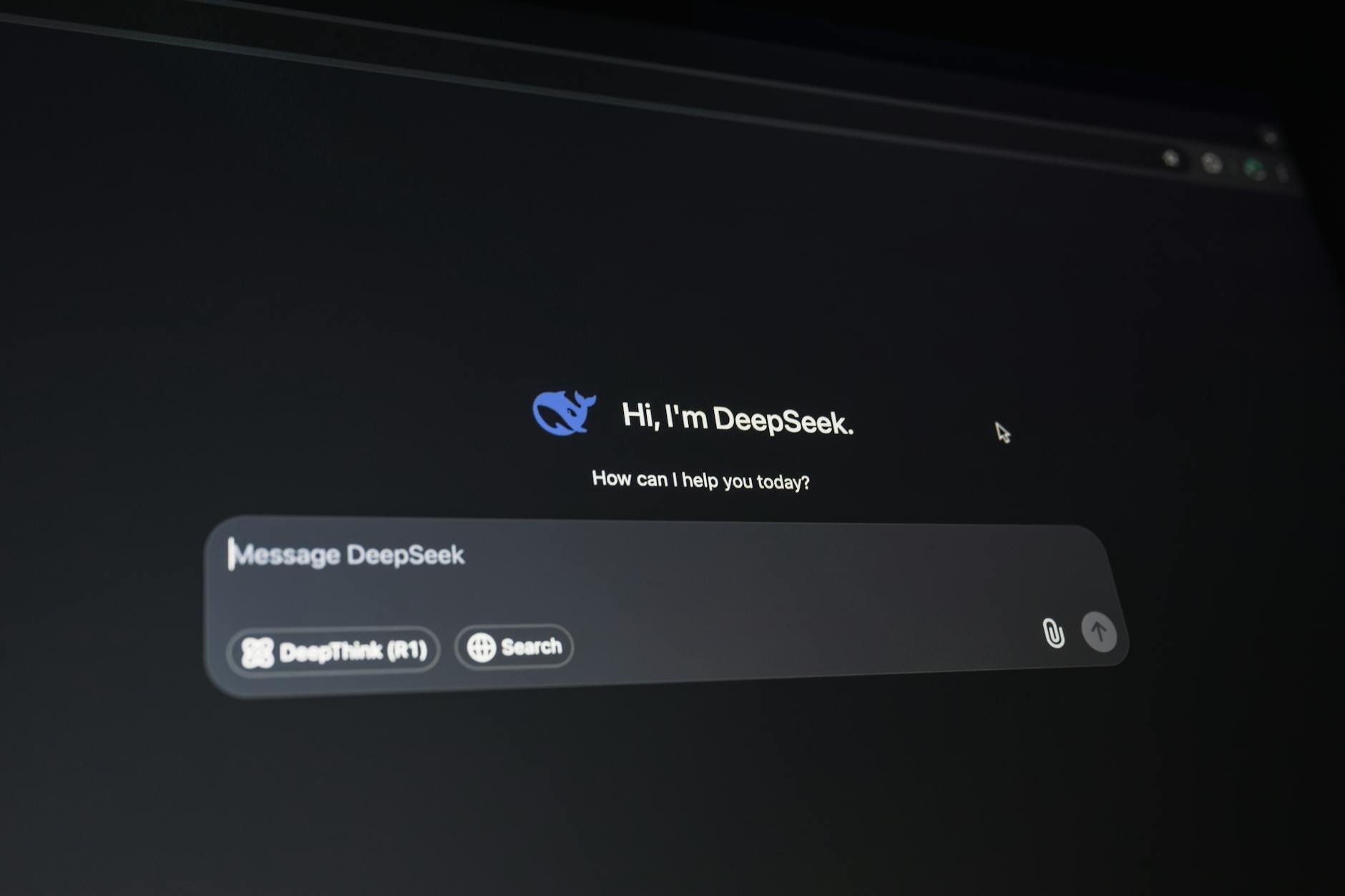
[adsense_top]
AI Technology 2025: The Future is Now
As we step into the new decade, the world is on the cusp of a technological revolution that will transform the way we live, work, and interact with each other. Artificial Intelligence (AI) has been making waves in recent years, and 2025 is expected to be a pivotal year for the technology. In this article, we’ll explore the latest advancements in AI and what they mean for the future.
Advances in AI
In recent years, AI has made tremendous progress, with significant breakthroughs in areas such as machine learning, natural language processing, and computer vision. These advancements have enabled AI systems to become increasingly sophisticated, capable of performing complex tasks that were previously thought to be the exclusive domain of humans.
One of the most significant areas of progress is in the field of machine learning, which involves training AI systems to learn from data and improve their performance over time. This has led to the development of AI systems that can perform tasks such as image recognition, speech recognition, and natural language processing with unprecedented accuracy.
Applications of AI
So, what does this mean for the future? AI has the potential to transform a wide range of industries, from healthcare and finance to transportation and education. Here are a few examples of how AI is expected to make a significant impact:
### Healthcare
AI is expected to revolutionize the healthcare industry, with applications such as:
* **Diagnosis**: AI-powered systems can analyze medical images and patient data to diagnose diseases more accurately and quickly than human doctors.
* **Treatment**: AI can help develop personalized treatment plans for patients, taking into account their unique genetic profiles and medical histories.
* **Patient care**: AI-powered chatbots can assist patients with scheduling appointments, answering questions, and providing emotional support.
### Finance
AI is expected to transform the financial industry, with applications such as:
* **Risk management**: AI-powered systems can analyze vast amounts of data to identify potential risks and make more informed investment decisions.
* **Customer service**: AI-powered chatbots can assist customers with transactions, provide personalized financial advice, and help with account management.
* **Fraud detection**: AI-powered systems can detect and prevent fraudulent transactions, reducing the risk of financial losses.
### Transportation
AI is expected to revolutionize the transportation industry, with applications such as:
* **Autonomous vehicles**: AI-powered self-driving cars can improve road safety, reduce traffic congestion, and provide greater mobility for the elderly and disabled.
* **Smart traffic management**: AI-powered systems can optimize traffic flow, reducing congestion and improving travel times.
* **Logistics**: AI-powered systems can optimize logistics and supply chain management, reducing costs and improving delivery times.
### Education
AI is expected to transform the education industry, with applications such as:
* **Personalized learning**: AI-powered systems can analyze student data and provide personalized learning recommendations, improving academic outcomes.
* **Intelligent tutoring systems**: AI-powered systems can provide one-on-one tutoring to students, helping them overcome learning challenges.
* **Virtual teaching assistants**: AI-powered systems can assist teachers with grading, lesson planning, and student assessment, freeing up more time for teaching and mentoring.
Challenges and Concerns
While AI has the potential to transform many industries, there are also concerns about its impact on jobs, privacy, and ethics. Here are a few challenges that need to be addressed:
* **Job displacement**: AI has the potential to displace certain jobs, particularly those that involve repetitive or routine tasks.
* **Privacy**: AI-powered systems have access to vast amounts of personal data, raising concerns about privacy and data security.
* **Bias**: AI-powered systems can perpetuate biases and discrimination if they are not designed with fairness and ethics in mind.
Conclusion
2025 is expected to be a pivotal year for AI, with significant advancements in machine learning, natural language processing, and computer vision. The potential applications of AI are vast, from healthcare and finance to transportation and education. However, it’s essential to address the challenges and concerns surrounding AI, ensuring that its development and deployment are fair, ethical, and beneficial to all.
[adsense_bottom]







